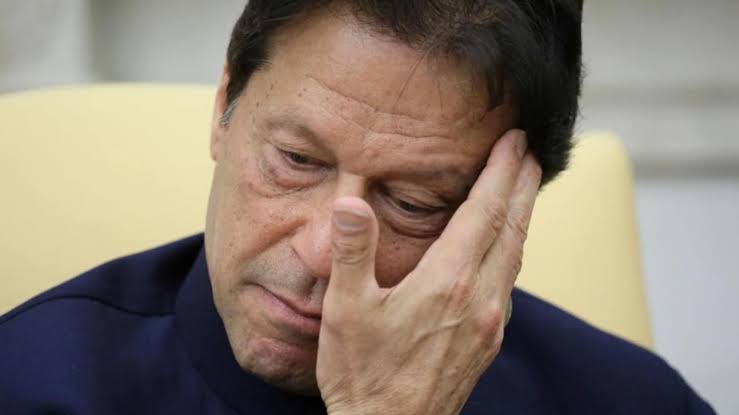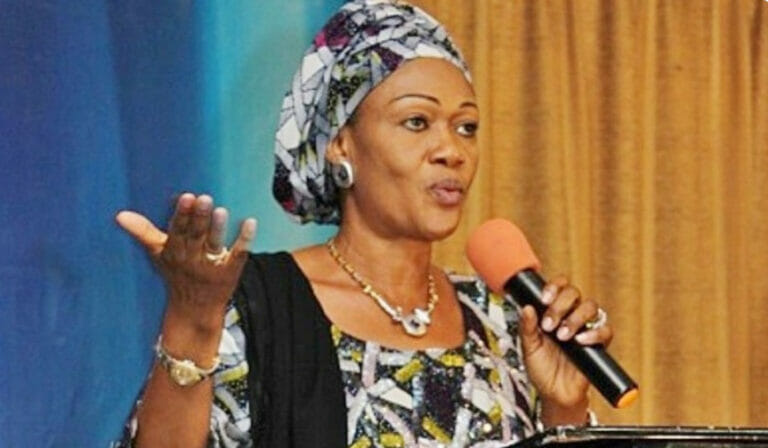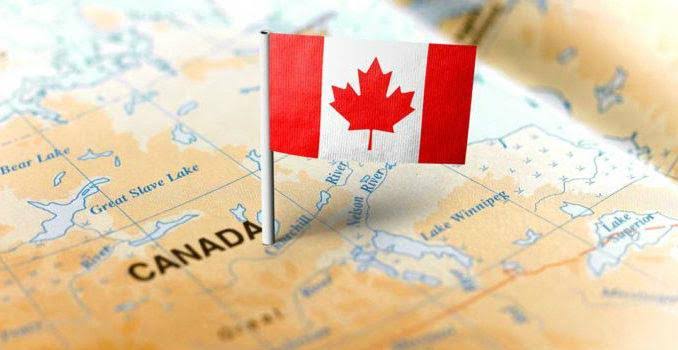Imran Khan, the former international cricket star turned politician who oversaw a new era of Pakistan’s foreign policy that distanced the country from the United States, was removed as prime minister early on Sunday after losing a no-confidence vote in Parliament.
The vote, coming amid soaring inflation and a rift between Mr. Khan’s government and the military, capped a political crisis that has embroiled the country for weeks and came down to the wire in a parliamentary session that dragged into the early morning hours. Pakistan remains in a state of turmoil as it heads into an early election season in the coming months.
Pakistan, a nuclear-armed nation with the world’s second-largest Muslim population, has struggled with instability and military coups since its founding 75 years ago. While no prime minister in Pakistan has ever completed a full five-year term in office, Mr. Khan is the first to be removed in a no-confidence vote.
The motion to oust Mr. Khan was passed with 174 votes, two more than the requisite simple majority.
Analysts expect that lawmakers will choose the opposition leader Shehbaz Sharif, a member of a Pakistani political dynasty, to serve as interim prime minister until the next general election, probably in October. Mr. Khan is expected to run in that election as well.
The vote in Parliament began just before midnight on Saturday after a chaotic day of political scrambling in the capital, Islamabad, as Mr. Khan’s allies appeared to be trying to delay a decision — stoking fears that the military might intervene.
Mr Khan has repeatedly said that Pakistan’s opposition parties are working with foreign powers. He also claims that he is the target of a US-led conspiracy to remove him because of his refusal to stand with Washington on issues against Russia and China.
The US has said there was “no truth” in these allegations, and Mr Khan has never provided any evidence.
He visited Moscow to meet President Vladimir Putin as Russia was launching the invasion of Ukraine and has previously criticised what the Bush administration called the war on terror.
Saturday’s vote came after opposition lawmakers put forward a no-confidence motion to parliament last Sunday, in a bid to oust Mr Khan from power.
But parliament’s deputy speaker Qasim Suri – a member of Mr Khan’s political party – swiftly blocked the vote, saying it showed “foreign interference”. Mr Suri also said that it went against the constitution, which calls for loyalty to the state.
Mr Khan’s government went on to dissolve parliament and called for a snap election to be held. This angered several opposition members, with some accusing the prime minister of treason for blocking the vote.
Opposition figures submitted a petition to the Supreme Court to assess the situation.
On Thursday, Pakistan’s top court ruled that Mr Khan’s decision to stop the vote from going ahead was unconstitutional. It ordered that the no-confidence vote should go ahead again. CONTINUE READING….




